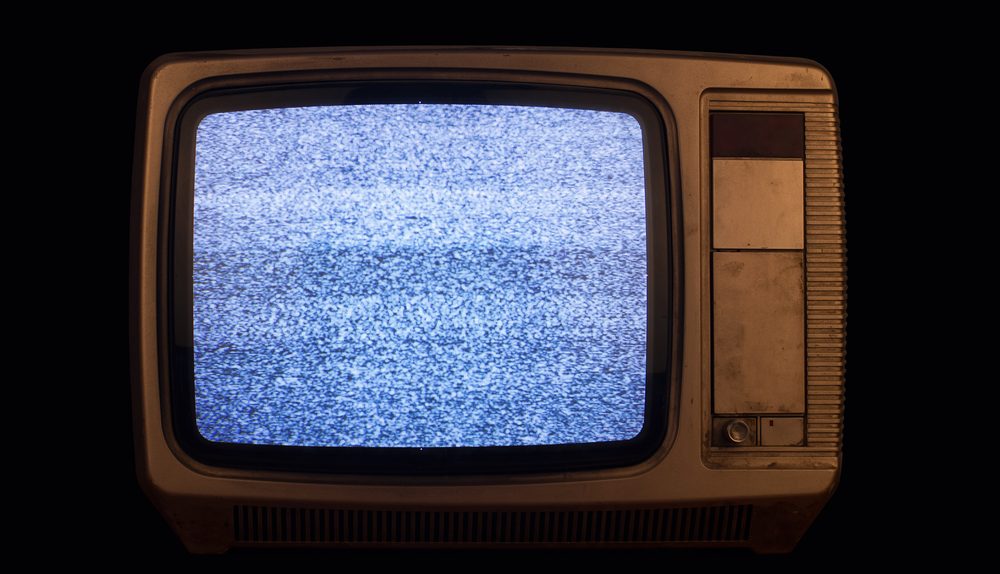2017 was a bad year for the pay TV industry. Cable and satellite providers saw subscribers leave in record numbers, and despite efforts to blame the exodus on things like bad weather, the trend of shrinking subscriber bases should be obvious to anyone who can draw a downwards-sloping curve.
Unfortunately (for share prices), things haven’t got any better in 2018. The first round of quarterly results are all in, and all the big players saw more outsized losses.
Charter reported a loss of 122,000 video subscribers in Q1 2018. Not only is that a hefty loss, it was far worse than the analyst consensus of 43,000. Despite the fact that Charter added 331,000 video subscribers, its stock still plummeted nearly 15 percent, before recovering a couple points over the weekend.
News is the same elsewhere. Comcast’s earnings were better on the money side, thanks to increased TV revenues due to the Super Bowl and Winter Olympics striking in the same quarter. But the company still lost 96,000 pay TV subscribers, compared to a net addition of 42,000 in the same quarter last year. Losses traditionally worsen over the summer, so this is a bad high point over the year.
The future actually looks the worst when you examine AT&T’s most recent set of earnings. The company dropped 188,000 subscribers from its DirecTV satellite division, but added 312,000 subscribers to DirecTV Now, its internet streaming service. Good news, right? Unfortunately, DirecTV Now is sufficiently cheap (and AT&T offers so many discounts and promos to existing subscribers) that the company doesn’t really make any money from it. Despite the net add in subscriber numbers, revenue in AT&T’s video entertainment segment was down 7.3%, while operating income was down a precipitous 16%. Basically, the faster customers change from satellite (or cable) to internet streaming, the more money AT&T loses.
Really, the cable companies are damned if they do, and even more damned if they don’t. Streaming services might help stem the tide of cord-cutting, but the days of distributors making billions by getting content into people’s homes is over. That’s why cynical analysts suggest cable companies are buying content companies, like Comcast and NBC or AT&T and Time Warner: It gives them the ability to cripple streaming services, keeping the cash cow of cable alive that little bit longer.









